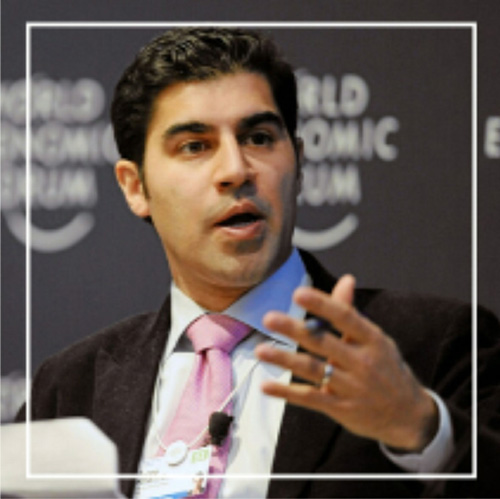Parag Khanna
The coronavirus has proven to be a greater test for leadership than 9/11 and the financial crisis combined, a sobering shock that has shattered complacent assumptions that progress always moves “up and to the right.” Evolution, both biological and civilizational, is a much more haphazard and indeterminate process. If we are lucky, the world will pass “peak virus” within the next six months. But the economy, governments, and social institutions will take years to recover in the best-case scenario.
Moving forward, public- and private-sector leaders will have to accept a far greater agency in defining long-term priorities such as combating climate change and communicating the short-term sacrifices necessary to achieve them. Incentives will have to be realigned, with governments subsidizing investments in sustainability—and markets rewarding those firms that achieve revenue with resilience. If we are at “war” against the pandemic or future civilizational threats, we should act like it.
But it would be wildly optimistic to predict, even to hope, that multilateral institutions will be upgraded by great powers to better cope with future shocks. The United Nations will continue its terminal decay. While the IMF has temporarily restored its relevance, its macroprudential supervision will fall by the wayside.
The World Bank is woefully slow and under-resourced. The most optimistic scenario, then, is a revival of regional organizations. Regionalization will be the new globalization.
The further we look into the future, the more we can imagine how global society may well be reinvented by the coronavirus pandemic.










